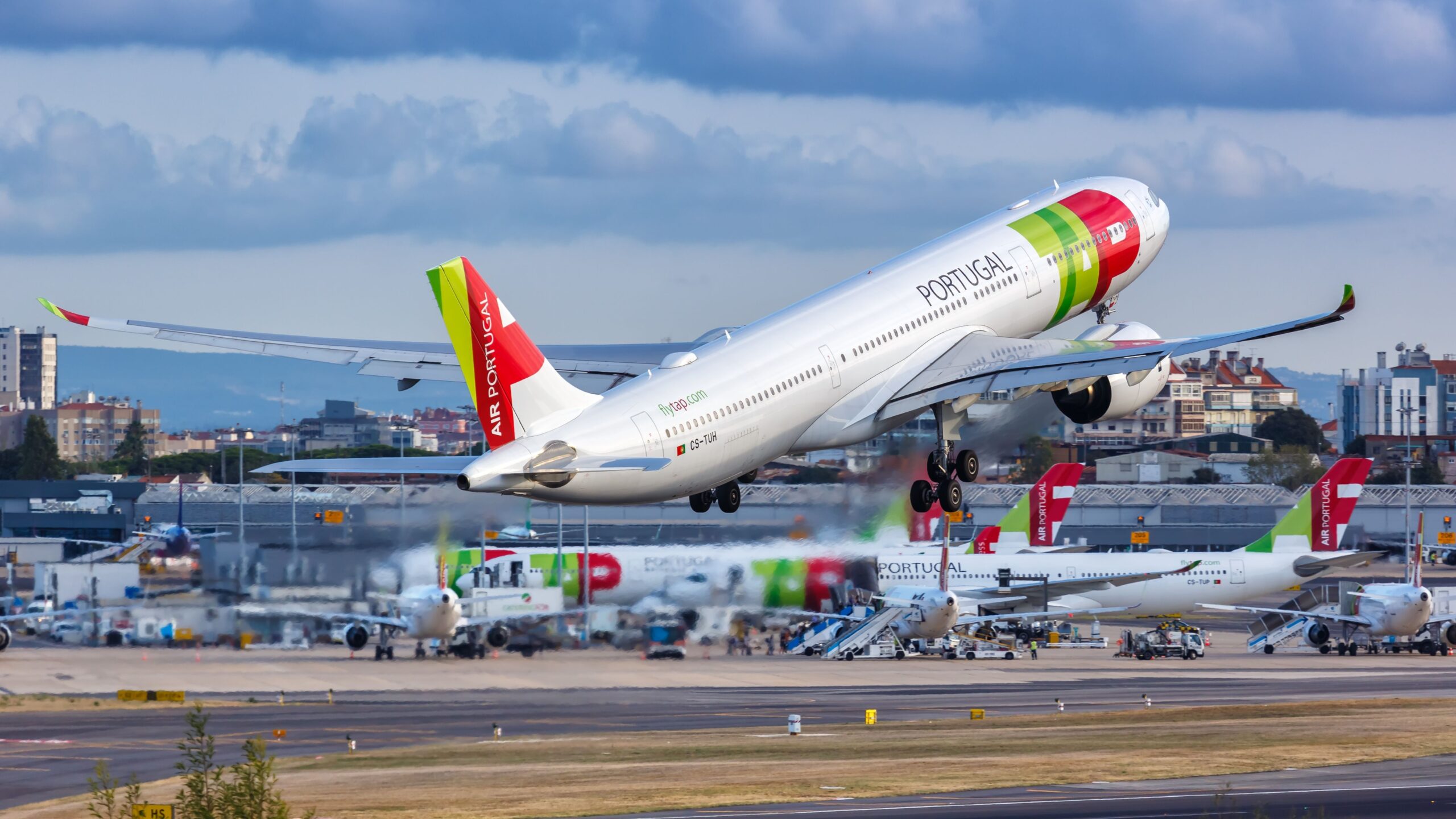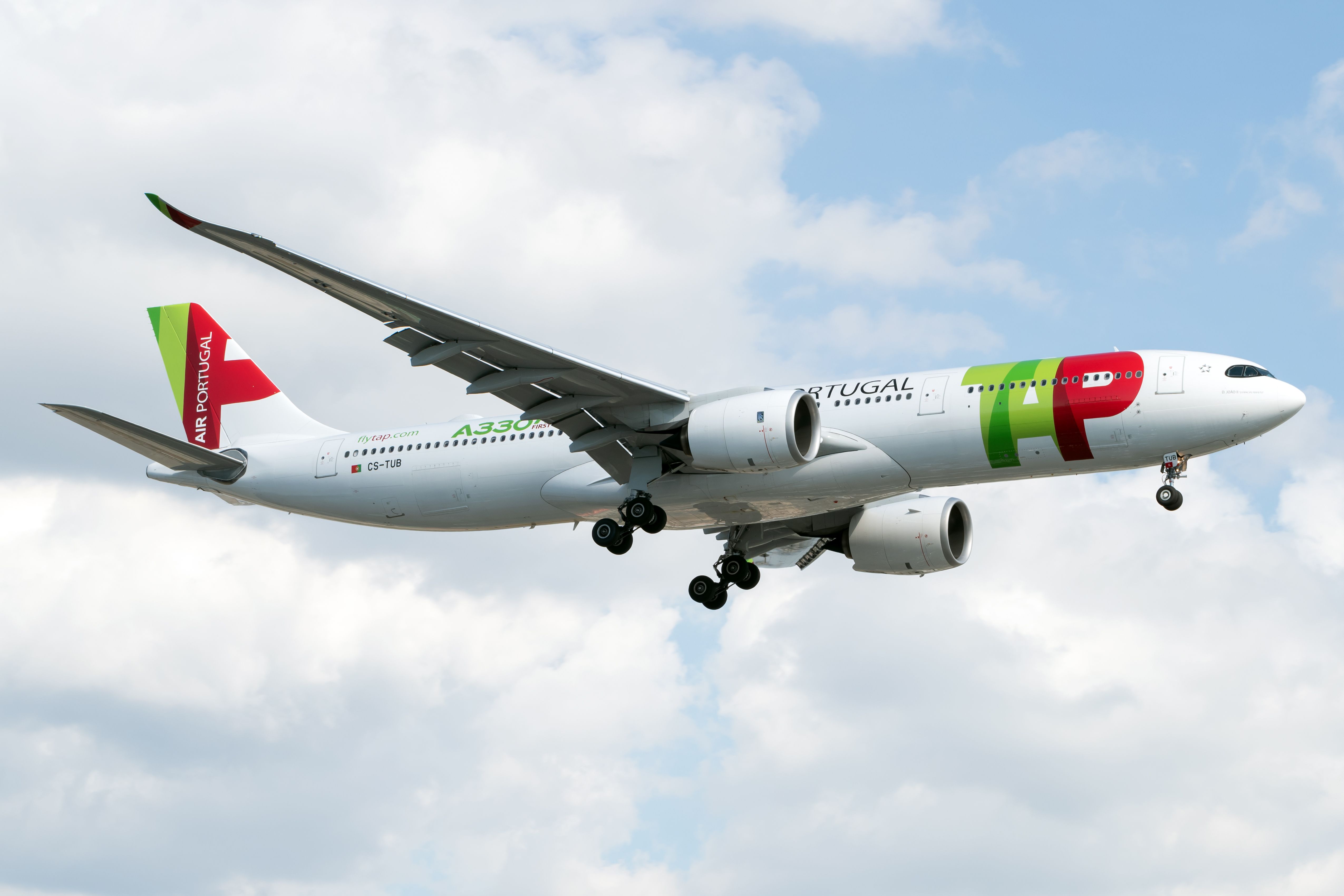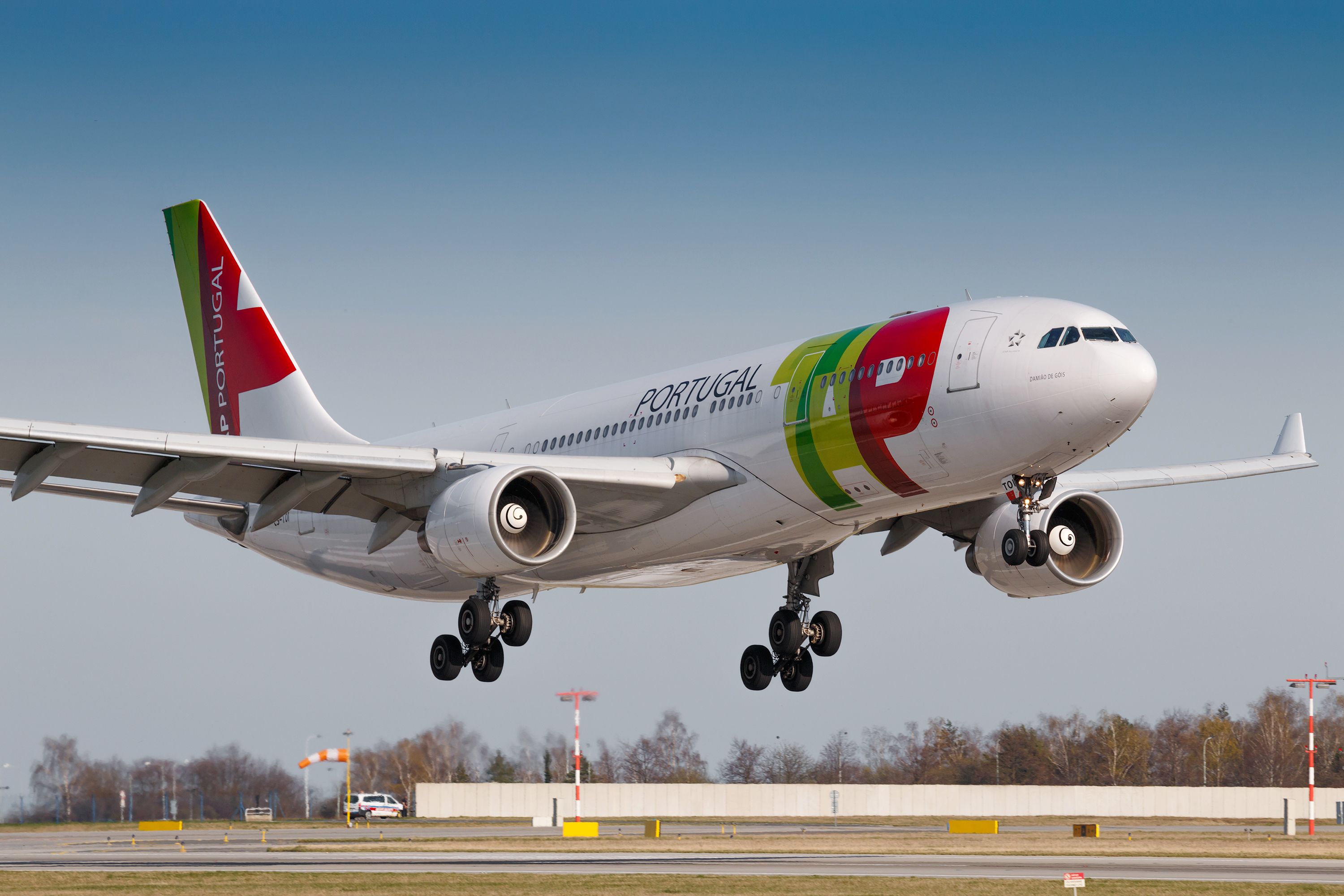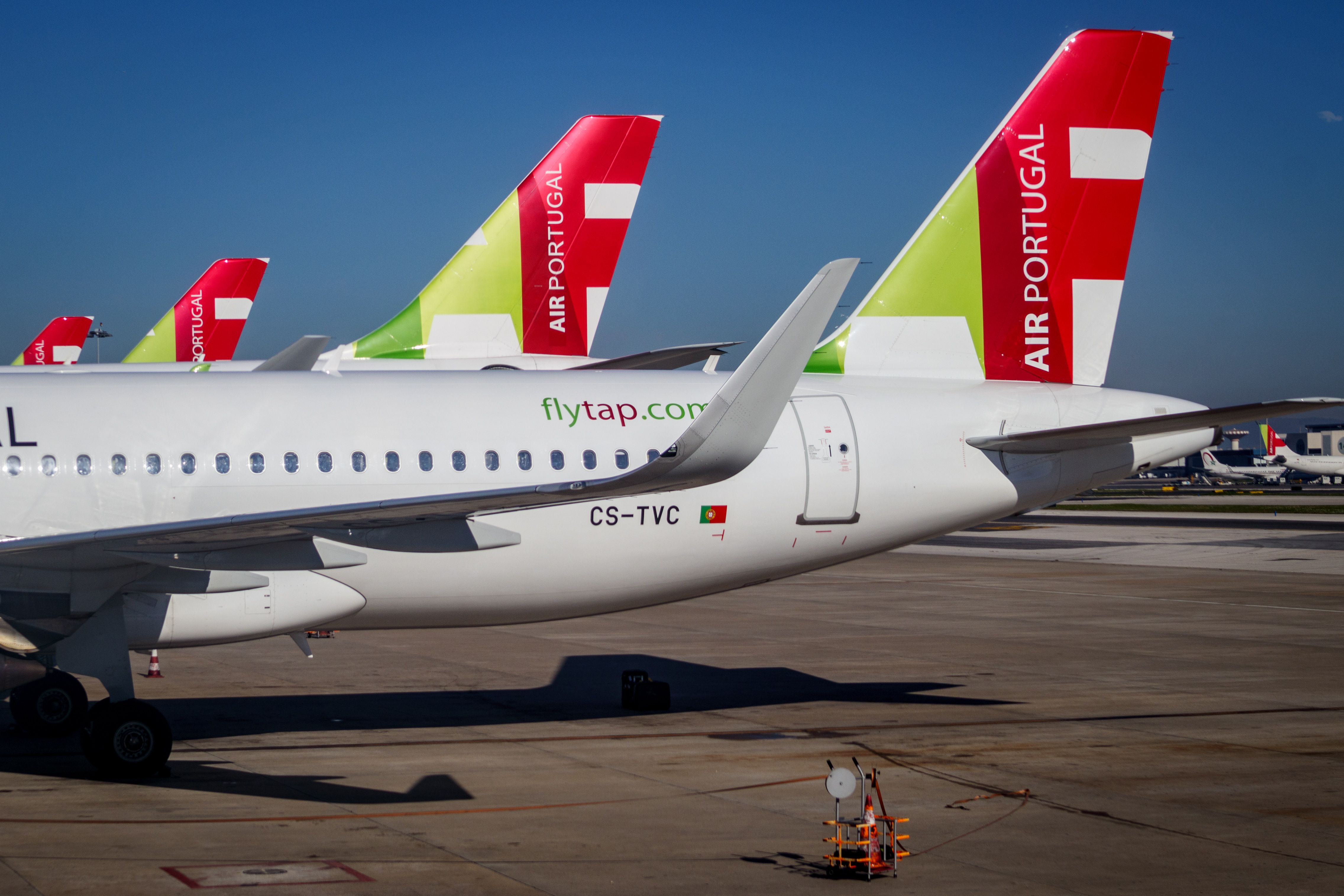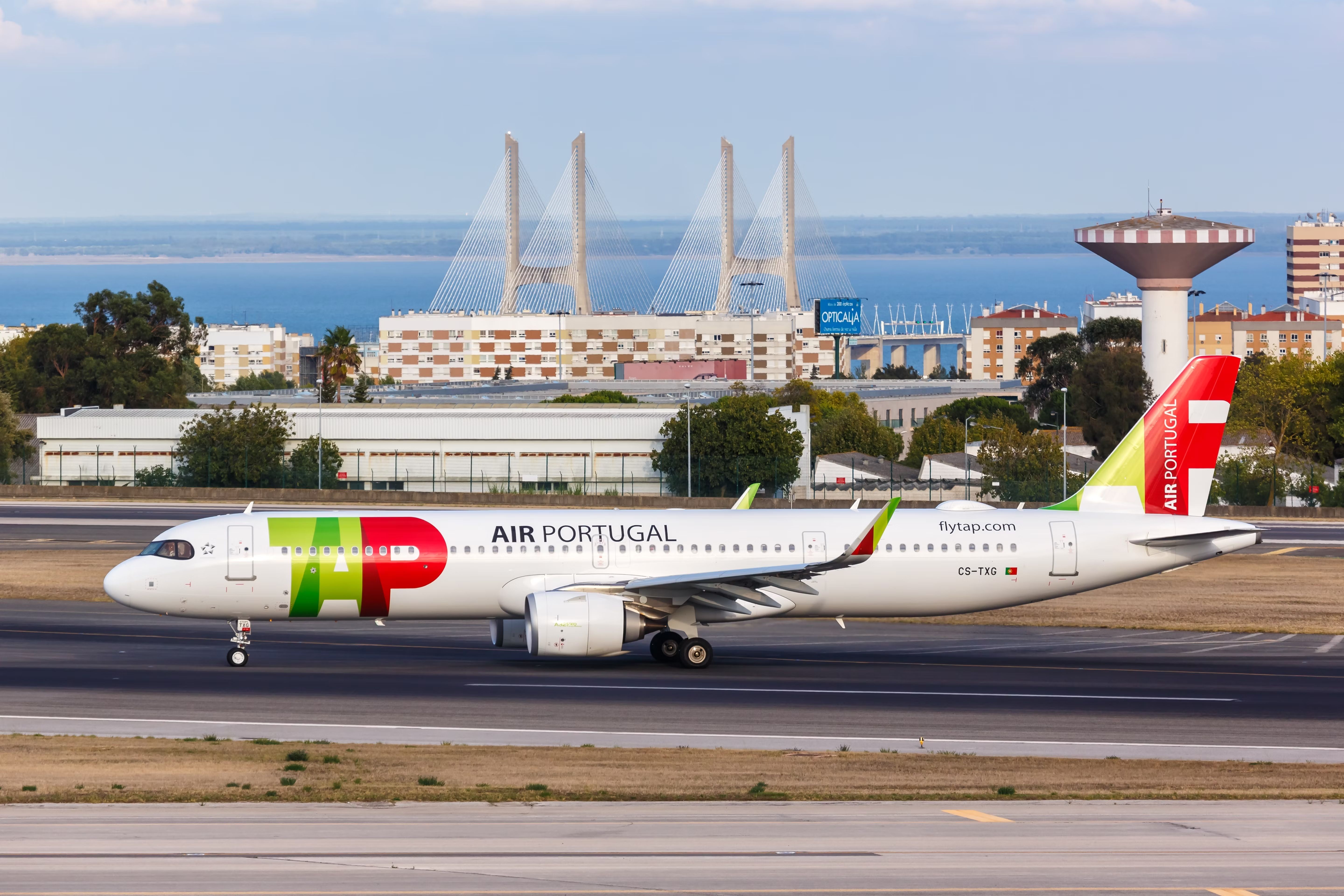Summary
- Lufthansa seeks to expand its holdings with a TAP Air Portugal acquisition following recent approval for its ITA Airways purchase.
- TAP Air Portugal offers significant value due to its network in Brazil and modern fleet of aircraft.
- Lufthansa plans for a minority stake in TAP to avoid requiring antitrust approval while increasing its European foothold and international foothold.
According to Italian daily Corriere della Sera,
TAP Air Portugal
is next on the list for acquisition by the
![]() Lufthansa
Lufthansa
Group. The sale of TAP has been on the table for a while now, with the new center-right government in Portugal preparing to privatize the airline. Per the Italian newspaper, Lufthansa does not want to purchase a controlling stake as that would mean it requires approval from the European Union’s antitrust authority.
The Lufthansa Group is the second largest airline group in Europe after Ryanair. It boasted a figure of nearly 123 million passengers carried over the course of 2023. Although it lags behind Ryanair’s 182 million passengers, it is still the largest group of legacy carriers. The Lufthansa Group includes SWISS, Brussels Airlines, Austrian Airlines, Lufthansa and Eurowings to name a few.
Photo: Rebius | Shutterstock
First ITA, now TAP
In June, Lufthansa received the green light from the European Union’s antitrust authority to proceed with its acquisition of ITA Airways in Italy. This move will enhance the group’s footing in key regions, including South America and Africa.
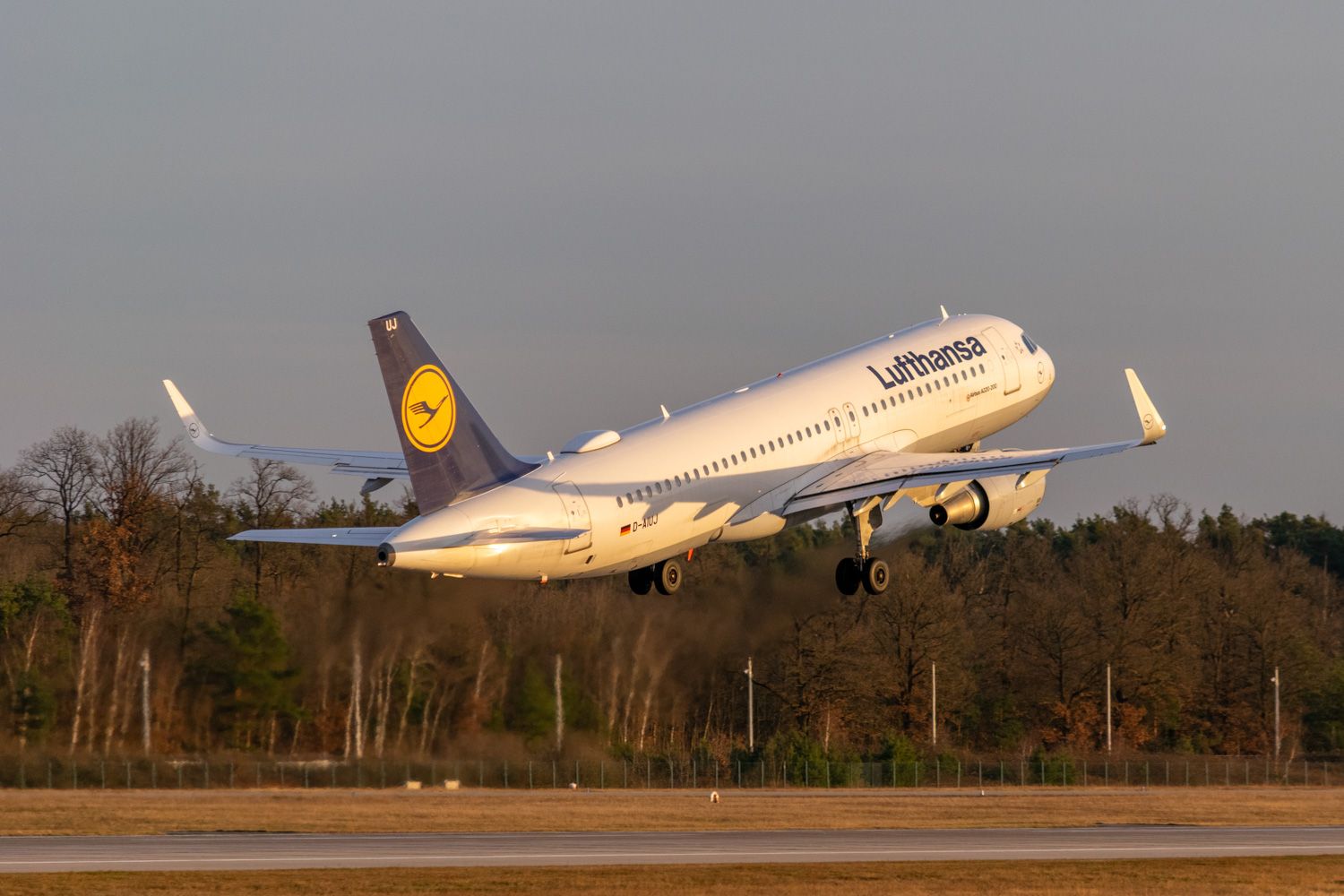
Now it seems Lufthansa is looking elsewhere in the Mediterranean. Corriere reports that the CEO of the company, Carsten Spohr, will fly to Lisbon to speak to the local government in the next few days. The offer is expected to be placed “not before” the first trimester of 2025, the report adds. The estimated value of the 19.9% stake could total roughly €180 million ($200 million) to €200 million ($221 million).
When asked by Simple Flying, Lufthansa refused to comment. A spokesperson said:
“We are aware of the current media reports regarding TAP. However, we generally do not comment on speculations.”
European consolidation: is TAP next?
If true, Lufthansa will join the list of other airline groups in Europe that have already expressed an interest in TAP Air Portugal.
Photo: John Gress Media Inc | Shutterstock
Air France-KLM
for instance has previously said that it would consider an offer for TAP Air Portugal. In April, the company had said that it remained “highly interested” in the Portuguese flag carrier’s privatization project.
Meanwhile the
International Airlines Group
(IAG) has also expressed an interest in investing in TAP, saying that it could consider an offer if the conditions are right. This was echoed by an IAG spokesperson at the start of last month who said the following to Simple Flying with regard to potential airline acquisitions in Europe and elsewhere.
“We are always open to look for opportunities in market. What is important is that those opportunities add value to the group. And right now the group is performing very well.
Earlier this summer, IAG abandoned its plans to take over Spanish carrier Air Europa due to frustrations with the European Union’s demands. Should it be very interested in acquiring another airline to boost its South American presence, it may have to be hawkish about a TAP Air Portugal bid with Lufthansa’s entry.
What makes TAP so valuable?
By far the most interesting aspect of TAP for other European airlines is its significant network in Brazil. The airline’s network spans several cities, giving it an important hold in the overall market.
The carrier has leveraged its modern fleet, including the Airbus A330-900, which is deployed on longer and busier routes, as well as its newly received Airbus A321neo fleet, which has been used for transatlantic flights to smaller cities from Lisbon.
Photo: Markus Mainka I Shutterstock
Therefore, it has an ideal position at the periphery of Europe, which can be exploited for additional growth in South America, Africa, and North America. Brazil is a significant market not only for point-to-point traffic primarily to Portugal, but equally for connections within Europe and past it.

